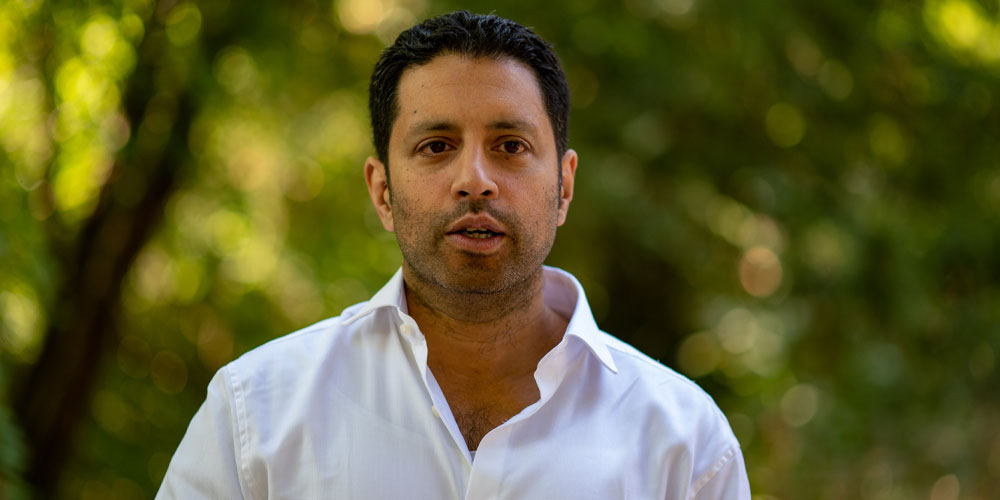Arif Ahmed, the Director for Freedom of Speech and Academic Freedom at the Office for Students (OfS) will give his first major speech in the role to students and academics at an event at King’s College London today.

His speech sets out the importance of freedom of speech and academic freedom to high quality higher education, and his priorities for his role.
In his speech, he is expected to say:
‘Freedom of speech and academic freedom are fundamental to higher education. The core mission of universities and colleges is the pursuit of knowledge, and the principles of free speech and academic freedom are fundamental to this purpose.
‘But there are now persistent and widespread concerns that many in higher education are being silenced, either by the activity of the university or by its inactivity. And that silencing may fall disproportionately on those who are most vulnerable.’
Dr Ahmed’s speech also highlights the impartial approach he, and the OfS, will continue to take to freedom of speech issues. He is expected to say:
‘We will take a broadly viewpoint neutral approach. We will protect the lawful speech rights of speakers at universities – students, staff, visiting speakers – independently of the viewpoint that they are expressing. It makes no difference at all whether you are in favour of Brexit or against it. It makes no difference at all what side you take on statues or pronouns or colonialism, or abortion or animal rights, or ULEZ. You can castigate the monarchy or defend it. You can argue that Britain is fundamentally racist – or that it never was. You can speak or write as a Marxist, a post-colonial theorist, a gender-critical feminist, or anything else – if you do it within the law.’
He highlights the importance of constructive conversations in higher education. Dr Ahmed is expected to say:
‘It is rare, in any particular debate, for either side to change its mind. But over a period of time, you can plant a seed in someone’s mind; and over numerous conversations with you and with others, their attitudes do change.
‘I know of people who through such a process have profoundly changed their religious and political views. And the view that they reached through this process, whether sympathetic to religion or hostile to it, whether socially conservative or socially liberal – whatever it was, it was authentically theirs. For many students, university might be the only time in their lives when they have both the time and the relative freedom to embark on this exploration. A generation deprived of that freedom may never truly appreciate what it has lost.’
